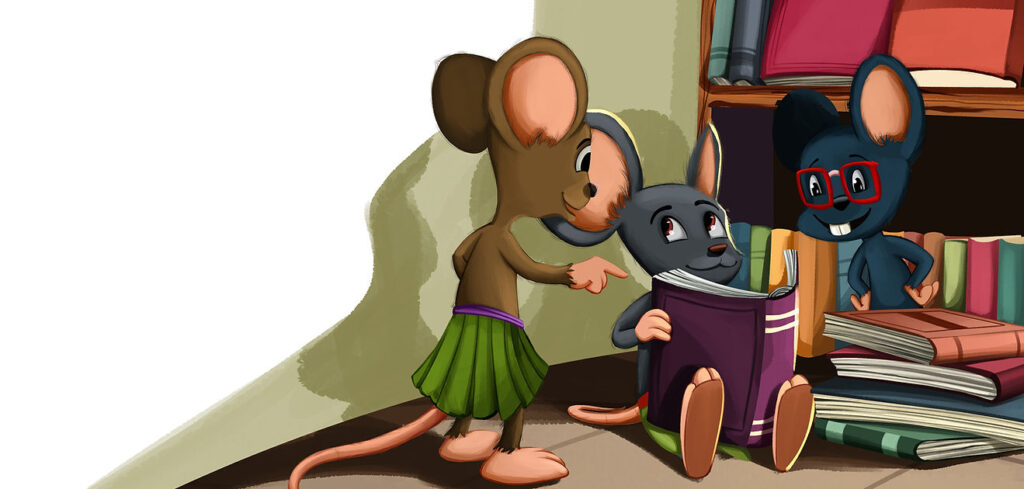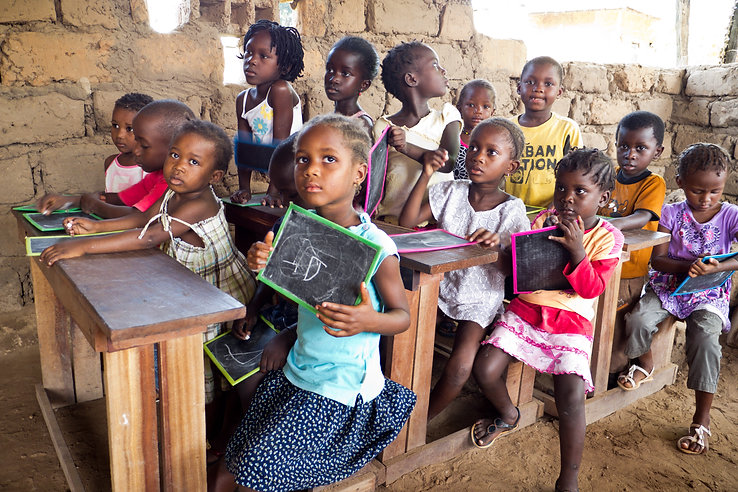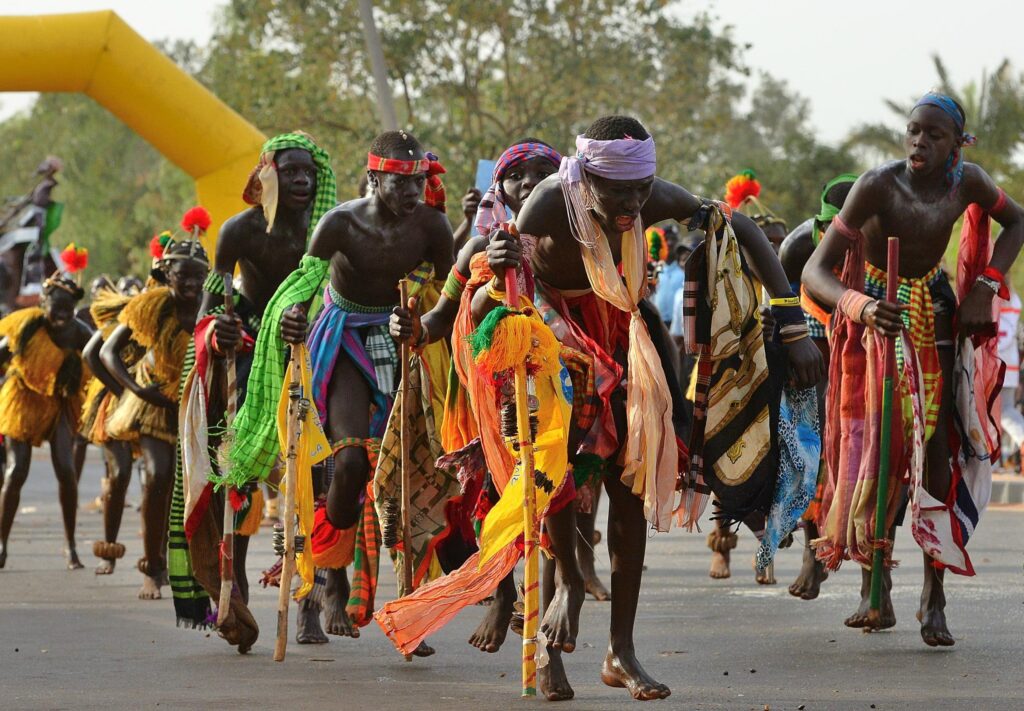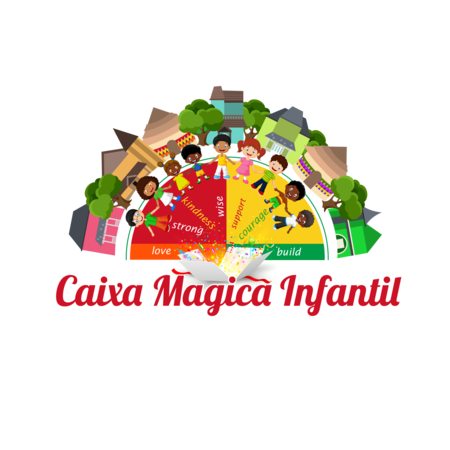About Caixa Magica Infantil
Far too many children in Gunea-Bissau, West Africa are growing up without an education.
Our aim is to make sure that no child is left behind starting with “One-book-at-the-time”.

Our mission and vision
Our mission is simple – tackle and promote the benefits of children’s literacy within our society. Caixa Magica Infantil’s vision is to invest, build and empower communities in Guinea-Bissau via pre-school literacy built on the premises of:
- Every child deserves the best.
- Children being the future leaders of the next generation.
- Working in partnership with evolving nursery education.
- Working with other strategic partners such as ministry of education to ensure every child is given the opportunity to reach their potential.
- Aim to reach at least a third of the pre-school population.
- Promote and strengthen the quality of learning of pre-school children.
Our Approach and Transparency
Working with others such as sponsors, educational and other professionals to ensure that the books get to the intended children.
Using our financial planning model to respond quickly to changes in the environment and revise our strategy accordingly.
We are committed to being transparent and accountable to the local communities we work with as well as to our customers and sponsors.

Caixa Magica Infantil
#One- Book-at-a-time
Caixa Magica Infantil (Charity) main purpose is to invest in the people and communities in Guinea-Bissau and beyond to tackle poverty, deprivation and disadvantages in the region. As a born and raised Guinean, The founder Rosaalda Brandao, has first-hand experience and knowledge of the problems children in Guinea Bissau and the surrounding countries face in their daily lives. She was able to overcome all obstacles because somebody cared enough to put a book in her hand. Hence her passion to ensure that every child in the region is given the same opportunity to reach their potential, be agents of change and making the region a better place to live. The Charity focuses on the literacy of children under the age of five.

Caixa Magica Infantil (Our History)
Guinea-Bissau is a small tropical country in West Africa that is known for national parks and wildlife. It has an estimated population of 1,637,995 in 2019 and shares borders with Senegal to the North and Guinea to the Southeast. Guinea-Bissau was once part of the kingdom of Kaabu, as well as part of the Mali Empire. Parts of this kingdom persisted until the 18th century, while a few others were under some rule by the Portuguese Empires since the 16th century. In the 19th century, it was colonized as Portuguese Guinea. Upon independence, declared in 1973 and recognized in 1974, the name of its capital, Bissau was added to the country’s name to prevent confusion with Guinea (formerly French Guinea). Only about 2% of the population speaks Portuguese, the official language, as a first language, and 33% speak it as a second language. However, Creole is the national language which is also considered the language of unity. According to a 2012 study,54% of the population speak Creole as a first language and about 52% speak it as a second language.
According to UNICEF analysis of Pre-school education in Guinea-Bissau
UNICEF estimates that 39% of Guinean children aged 3 to 5 years are not on track to reach their development potential in at least three of the four domains: cognitive, physical, language and socio-emotional (UNICEF, MICS 2014). Factors contributing to the risk of children not reaching their full development potential included:
- Access to basic services such as education and healthcare
- Political instability
- Poverty It is estimated that 17% of the Guinean population is under the age of five, approximately, 278,000.
The average number of children per woman in 2009 was 5.2 at the national level, in rural areas it was 4.2 children per woman. It is estimated that the trend of fertility in 2030 will be 3.5. As can be seen in the table below, the population aged between 3 and 5 years will represent in 2025 about 8% of the total population. This demographic transition represents a window of opportunity for the implementation of effective literacy program for early childhood development. Source: Data projected based on the financial simulation document of the Education Sector Plan 2017-2025 Every child deserves the best 5 Pre-school education is currently available mainly from the private sector. However, only a few parents can afford to pay the school fees; hence the Creation/Foundation of Caixa Magica Infantil in 2019 established in 2020 along with the launch of “one-book-at-a-time” to help bridged the gap in early childhood education.
